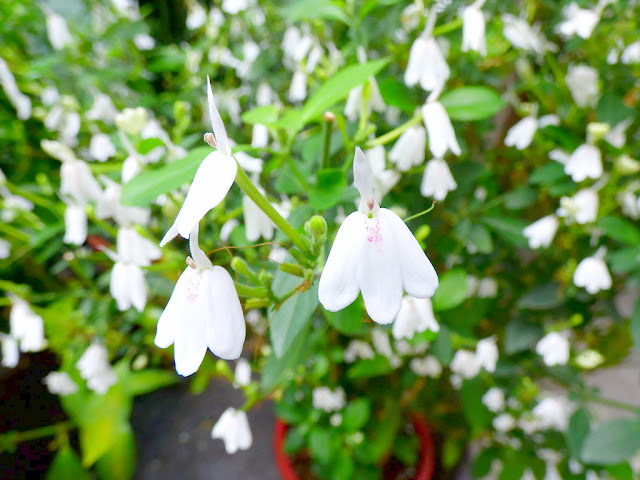Bignose Rhinacanthus Ubat kurap 白鹤灵芝
Bignose rhinacanthus is a small herbaceous plant native to Southeast Asia, particularly in Thailand, Malaysia, and Indonesia. It is commonly used in traditional medicine, particularly in Ayurvedic and Thai medicine, for its potential medicinal properties.
The plant is known for its distinctive bignose or long-snouted flowers that bloom in clusters, and its leaves have a serrated edge and are arranged opposite each other. The root, leaves, and flowers of the plant contain various bioactive compounds such as rhinacanthin, rhinacanthone, and rhinacanthin-C, which have been found to exhibit anti-inflammatory, antioxidant, antimicrobial, and anti-tumor properties in some studies.
Bignose rhinacanthus also contains other phytochemicals such as alkaloids, flavonoids, and terpenoids. These compounds are thought to contribute to the plant's medicinal properties.
Some studies have investigated the potential anti-inflammatory effects of Bignose rhinacanthus. One study found that an extract of the plant's leaves reduced inflammation in rats with paw edema, which is a common model of acute inflammation. Another study found that rhinacanthone, one of the bioactive compounds in Bignose rhinacanthus, inhibited the production of inflammatory cytokines in human immune cells.
Bignose rhinacanthus has also been studied for its potential anti-tumor effects. In one study, an extract of the plant's leaves was found to inhibit the growth of human lung cancer cells in vitro. Another study found that rhinacanthin-C, another bioactive compound in Bignose rhinacanthus, had anti-proliferative effects on human colon cancer cells.
In traditional medicine, Bignose rhinacanthus has been used for a variety of conditions. For example, it has been used topically to treat skin conditions such as eczema and acne, and internally to treat digestive disorders such as diarrhea and constipation. It has also been used as a diuretic and to treat respiratory conditions such as coughs and asthma.
However, more research is needed to fully understand the potential benefits and risks of using Bignose rhinacanthus as a medicine. As with any herbal remedy, it is important to consult with a healthcare professional before using Bignose rhinacanthus, particularly if you are taking any medications or have any underlying health conditions.





评论
发表评论